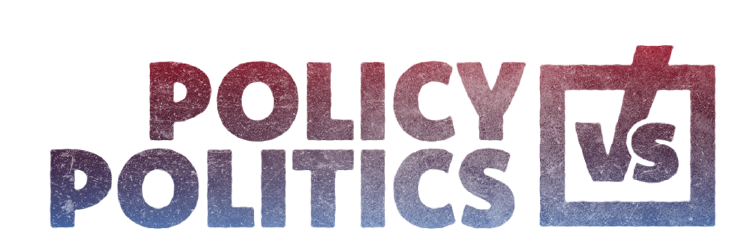From consumers shopping in the grocery store to interest and unemployment rates, inflation impacts practically every aspect of the economy.
Learn more about the intricate relationship between inflation and the US budget, including the impact of government spending and how policymakers work to manage the economy and keep inflation in check.
Understanding Inflation: US Budget & Spending
Inflation is a complex economic phenomenon that occurs when the price of goods and services increases over time, thus creating a decline in the purchasing power of money.
One of the major contributors to inflation is government spending, which can cause an increase in demand for goods and services, leading to a rise in prices.
The federal government spends their fiscal budget on a variety of goods, programs and services to assist the economy and the American people. The US budget also goes towards paying any interest incurred on outstanding federal debts, which tends to increase as the debt grows.
The Budget of the United States
The US budget is a complex system of government spending and revenue generation that gets divided up into categories known as budget functions.
There are approximately 20 budget functions, and they cover a wide range of government activities, including social security, the military budget, income security, health and Medicare, to name a few.
By separating the US budget into categorized functions, policymakers and analysts can better understand how resources will be best allocated and used within the federal government.
Additionally, budget functions serve as a framework for evaluating government programs and policies and making decisions about future spending priorities.
The Impact of Government Spending on Inflation
Government spending can contribute to inflation in several ways.
When the government spends more money, injecting cash into the economy, the demand for goods and services can increase. But if the supply of those goods and services cannot keep up with the increased requests, demand-pull inflation occurs.
Additionally, when the government spends more than it collects in taxes and other revenue, it must borrow money to fill the gap. This increases the demand for credit and drives up interest rates, making it more expensive for businesses and individuals to borrow money, which can cause a slowdown in economic activity.
Managing Inflation
While government spending is not the only factor that can contribute to inflation, it certainly plays a significant role.
In response to rising inflation, policymakers often look to leveraging the federal budget as a way to manage it.
One approach to lowering the risk of inflation is by reducing government spending, which can decrease the demand for credit and cash in the economy, potentially resulting in a reduced risk of inflation.
However, this approach can present a political challenge for policymakers as it requires them to carefully balance government spending with the broader economy. They must carefully consider all the potential impacts of spending categories on inflation and anticipate making tough choices about which programs to prioritize.
Another approach to managing inflation is to use monetary policy. Central banks, like the Federal Reserve, use various tools and actions—also known as monetary policy—to influence interest rates, money supply and other economic variables to achieve macroeconomic objectives such as price stability, full employment and sustainable economic growth. By adjusting interest rates, central banks can influence borrowing costs and the amount of money in circulation, which can impact inflation.
Monetary policy also has its limits. In some cases, factors outside of the control of the Federal Reserve can affect inflation, including changes in global commodity prices or supply chain disruptions. The actions of other countries can also impact the broader global economy, influencing the value of the US dollar and ultimately impacting inflation in the US.
Conclusion
The relationship between the US budget and inflation is complex and multifaceted, and the role government spending plays in inflation is consequential and significant.
Ultimately, the goal in managing the federal budget and inflation is to achieve a balance between economic growth and stability while also meeting the needs of Americans.

